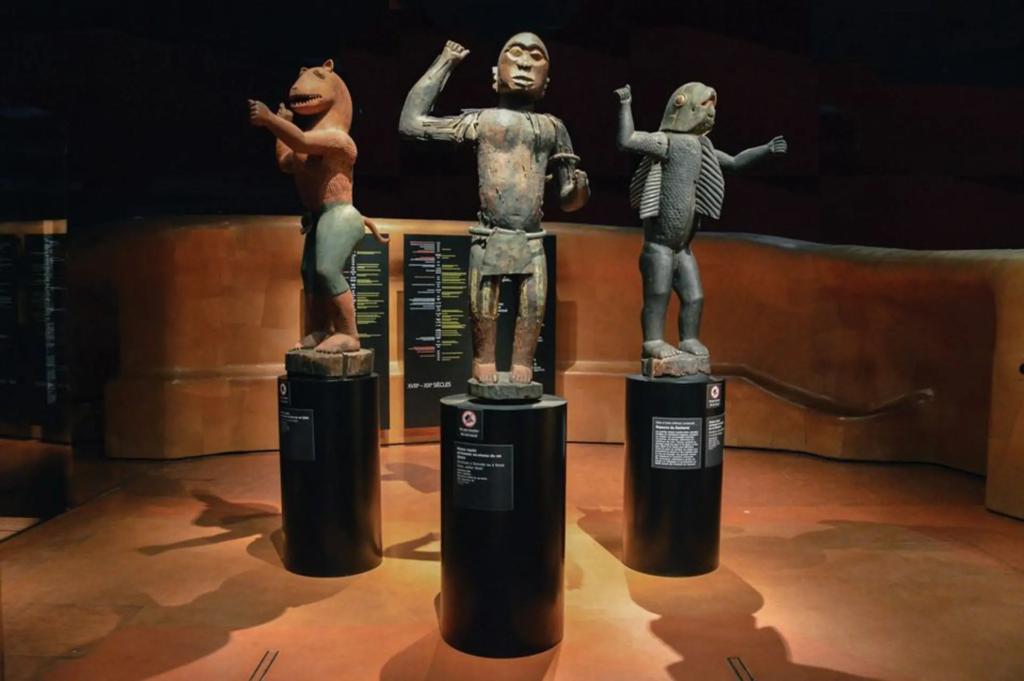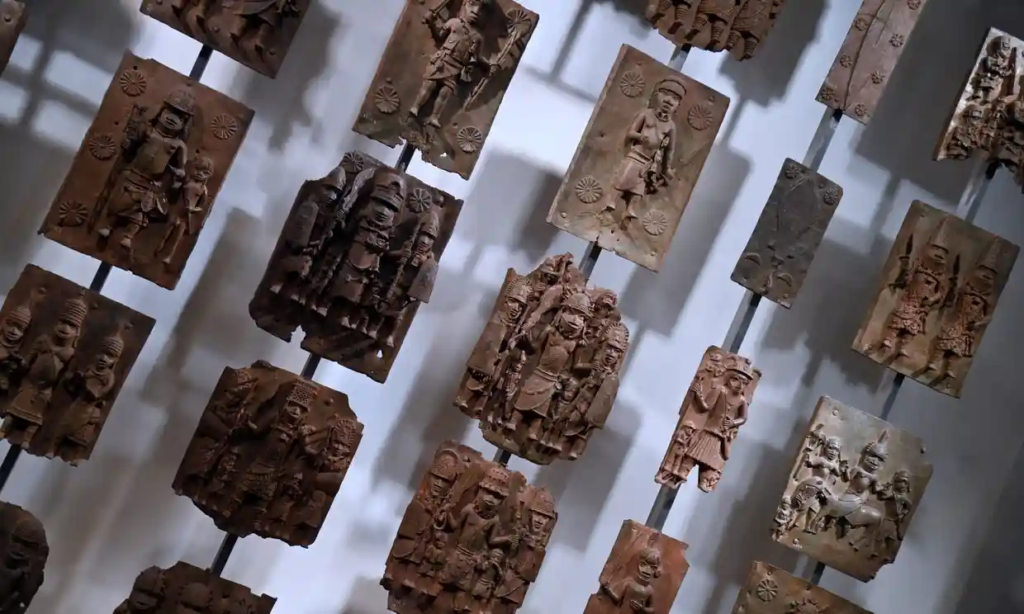There has been a growing debate over the restitution of African art to their countries of origin. This debate has been fueled by a desire to address the legacy of colonialism, neocolonialism and the theft of cultural heritage from Africa. However, the issue is complex and raises a number of questions about ownership, cultural identity, and the role of as perpatrators of colonialisim and preservers of culture.
The debate over African art restitution has been ongoing for decades, but it gained new momentum in 2017 with the publication of the Sarr-Savoy Report, which called for the full restitution of African cultural heritage that had been taken without consent during the colonial era. The report argued that the repatriation of African art was a matter of justice and a way to restore dignity to African peoples who had been robbed of their cultural heritage.
Since the publication of the report, there have been several high-profile cases of African art restitution. In 2018, France returned 26 objects to Benin, including a royal throne, that had been taken during the colonial period. Other European countries, including Germany and the Netherlands, have also pledged to return African art to their countries of origin.

Its 2023 now and most African countries have not recieved their artefacts as the issue restitution without controversy. Some argue that it is impossible to determine who owns the art and where it belongs. Others contend that repatriation would deprive museums of important collections and limit public access to these works. Additionally, there are concerns about the ability of African countries to care for and preserve these objects, which often require specialized expertise and resources, which frankly sounds delusional as our ancestors; the creators of the art pieces, handed down an oral handbook and guide to our own art.
This raises important questions about the ownership and circulation of cultural heritage. The history of colonialism and the theft of cultural heritage from Africa means that the question of ownership is often complex and contested. Many African objects were taken without the consent of the people who created them or without any compensation. This raises questions about the legitimacy of Western museums’ claims to ownership and the responsibility of these institutions to address historical injustices.

Furthermore, the debate over African art restitution highlights the tension between the preservation and exhibition of cultural heritage. Museums have traditionally served as repositories of cultural heritage, and they play an important role in preserving and exhibiting art for public education and enjoyment. However, the repatriation of African art raises questions about the ownership of cultural heritage and the role of museums in preserving and exhibiting art that is not their own.
The issue of African art restitution still, remaines unsolved due to its complex and multi-faceted nature. It requires careful consideration of questions of ownership, cultural identity, and the role of museums in preserving and exhibiting cultural heritage. While there is no easy solution to this issue, it is clear that the debate over African art restitution is an important one that requires continued engagement and dialogue between all stakeholders involved.



1 Comment
Pingback: The Ongoing Debate on Repatriating African Art: Subject to Restitution – LBNN